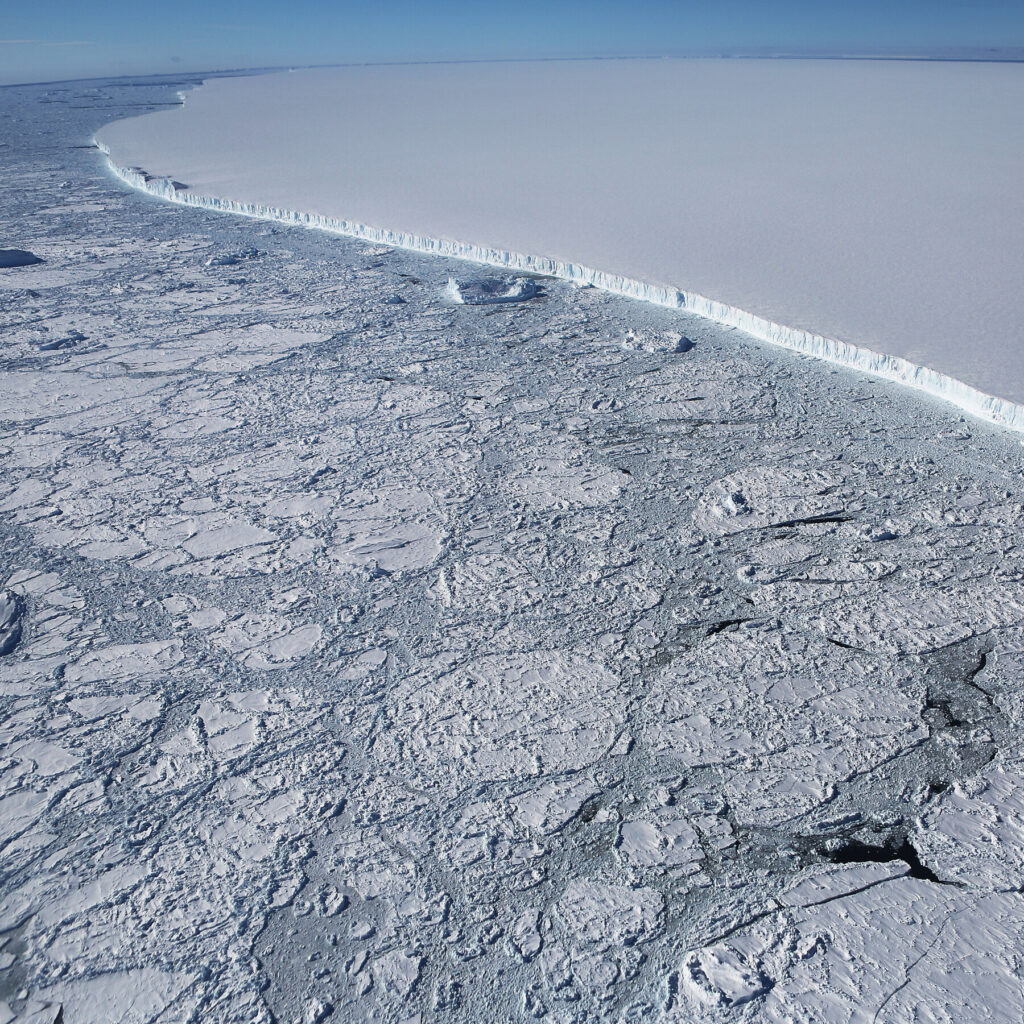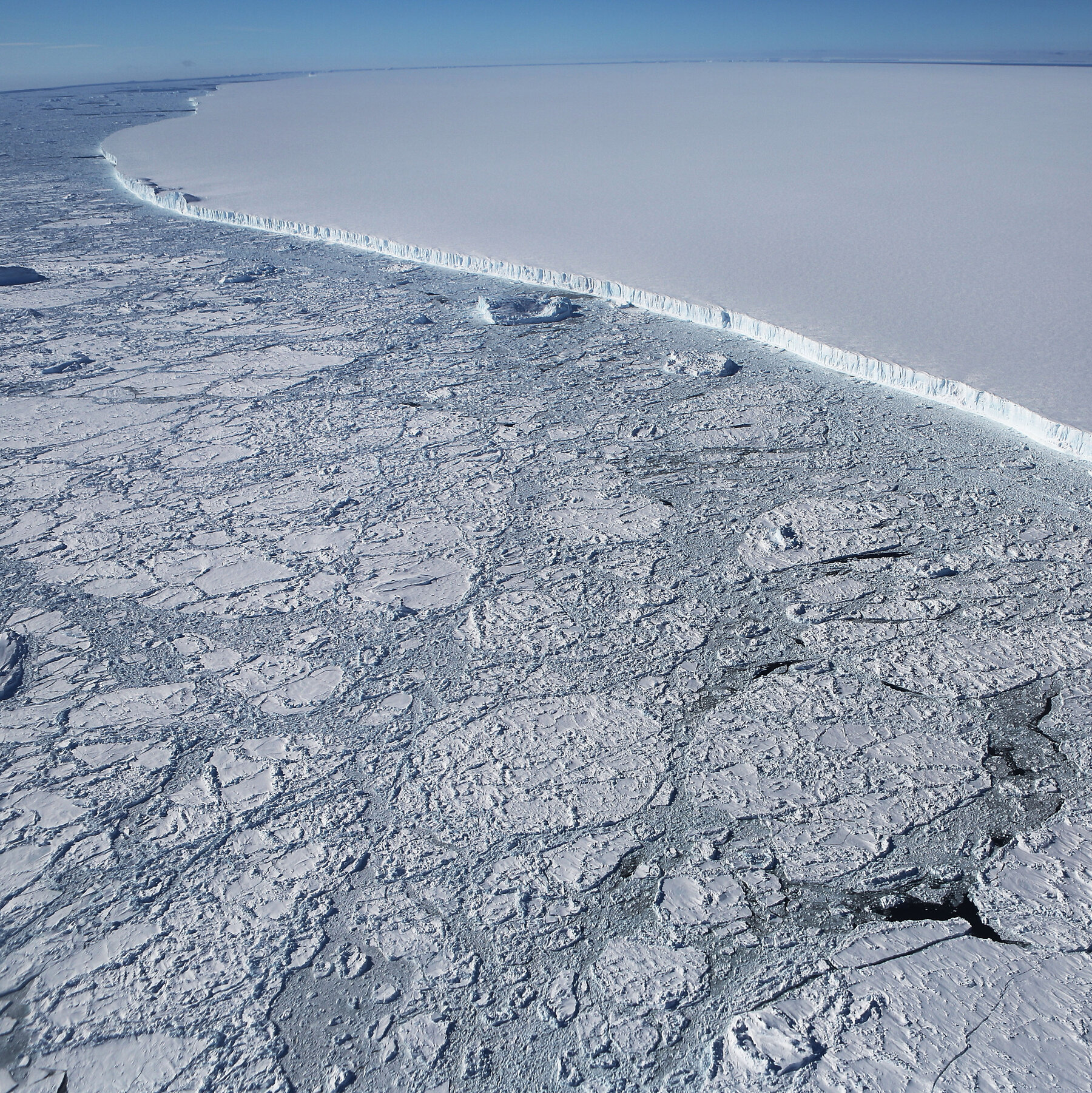Near Antarctica, Saltier Seas Mean Less Ice, Study Finds
Near Antarctica, Saltier Seas Mean Less Ice, Study Finds

Briny warm water is mixing on the surface of the ocean, making sea ice melt faster, a new study found.
Read the full article on NY Times World
Truth Analysis
Analysis Summary:
The article appears mostly accurate based on the provided sources. The core claim about saltier seas contributing to sea ice melt near Antarctica is supported. However, the snippet is brief, and the full article would be needed for a more comprehensive assessment. There is a slight slant towards highlighting the negative impacts of climate change.
Detailed Analysis:
- Claim:** "Briny warm water is mixing on the surface of the ocean, making sea ice melt faster, a new study found."
- Verification Source #5: Mentions "salty water sinks...around Antarctica" which implies the presence of salty water in the region.
- Verification Source #4: Discusses "saltier ice" and "higher brine content" in Antarctic sea ice.
- Verification Source #1: Explains that sea ice is frozen seawater.
- Verification Source #2: States that Antarctic sea ice is generally younger and thinner.
- Analysis:* The sources support the presence of salty water and sea ice in the Antarctic region. The claim that warmer, saltier water contributes to melting is plausible and aligns with general understanding of thermodynamics, although none of the provided sources *directly* confirm this specific causal relationship.
Supporting Evidence/Contradictions:
- Verification Source #5: "About 250 trillion tons of salty water sinks in this way around Antarctica..." This supports the presence of salty water near Antarctica.
- Verification Source #4: "The saltier ice in MUSHY means the brine content is higher." This supports the existence of saltier ice in the Antarctic.
- Verification Source #1: "Sea ice is frozen seawater that floats on the ocean surface." This confirms the basic composition of sea ice.
- Verification Source #2: "Because of this, Antarctic sea ice is younger and thinner, on average, than ice in the Arctic." This provides context about the nature of Antarctic sea ice.
- The provided sources do not directly contradict the claim that warmer, saltier water contributes to faster melting. However, they also don't explicitly confirm it. The link between salinity and melting is implied but not definitively proven by these sources.
- The title itself suggests a negative impact, which contributes to a slight bias.

